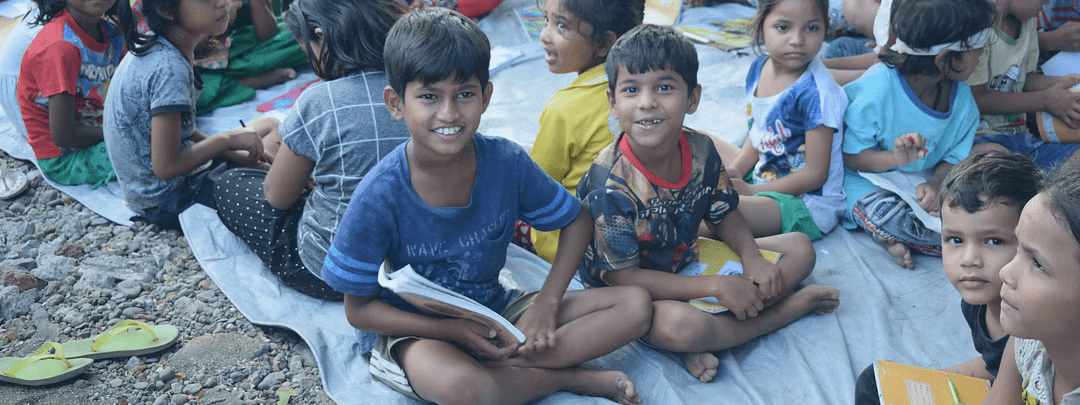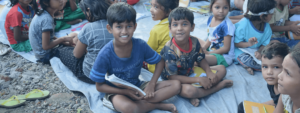How to Reform Education for the Underprivileged in India

How to Reform Education for the Underprivileged in India

Education is a fundamental right and a powerful tool for social change. However, millions of children in India are deprived of quality education due to poverty, discrimination, and lack of resources. According to the National Sample Survey Office (NSSO), 32 million Indian children aged up to 13 years have never attended any school, the majority of them belonging to the socially disadvantaged class. Moreover, the learning outcomes of those who do attend school are often dismal. The Annual Status of Education Report (ASER) and several other studies reveal that more than 50 percent of class 5 students cannot even read basic text or solve a basic arithmetic problem.
How can we reform education for the underprivileged in India and ensure that they have access to quality learning opportunities? Here are some possible measures that can be taken by the government, civil society, and private sector to address this challenge:
Increasing the capacity and quality of government schools:
Government schools are the main source of education for the underprivileged children in India. However, many of them suffer from inadequate infrastructure, shortage of teachers, low attendance, and poor learning environment. There is a need to invest more in improving the physical facilities, providing adequate teaching and learning materials, ensuring regular teacher training and monitoring, and promoting community participation and accountability in government schools. Additionally, innovative models of school management, such as public-private partnerships, school vouchers, and school-based committees, can be explored to enhance the efficiency and effectiveness of government schools.
Strengthening the alternative and non-formal education systems:
Many underprivileged children are unable to attend regular schools due to various reasons, such as child labor, migration, disability, or gender discrimination. For such children, alternative and non-formal education systems, such as bridge courses, open schools, mobile schools, and residential schools, can provide flexible and relevant learning opportunities. These systems should be aligned with the mainstream curriculum and certification, and should also offer vocational and life skills training to prepare the children for the future. Moreover, these systems should be supported by adequate funding, trained staff, and quality assurance mechanisms.
Focusing on the foundational skills and holistic development of the children:
One of the major reasons for the poor learning outcomes of underprivileged children is the lack of basic literacy and numeracy skills, which hampers their ability to comprehend and apply higher-order concepts. Therefore, there is a need to focus on the foundational skills of the children, especially in the early grades, and ensure that they master the essential reading, writing, and arithmetic skills. The curriculum should foster holistic child development by integrating values, life skills, critical thinking, creativity, and digital literacy. The assessment system must align with learning objectives and offer timely, constructive feedback to teachers and students.
Addressing the socio-economic and cultural barriers to education:
Underprivileged children encounter socio-economic and cultural barriers that hinder their access to education. These include poverty, malnutrition, health issues, caste discrimination, gender bias, violence, and social norms. To support underprivileged children, we must provide financial and non-financial incentives like scholarships and meals. Awareness is essential for parents and communities about the importance of education for girls and marginalized groups. Ensuring the safety of children, especially girls, around schools is crucial to prevent harassment and abuse.